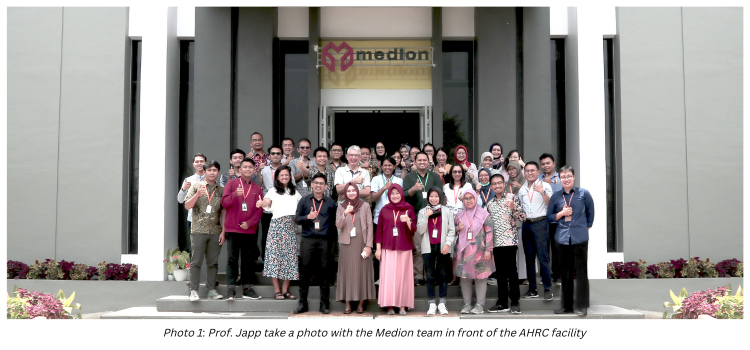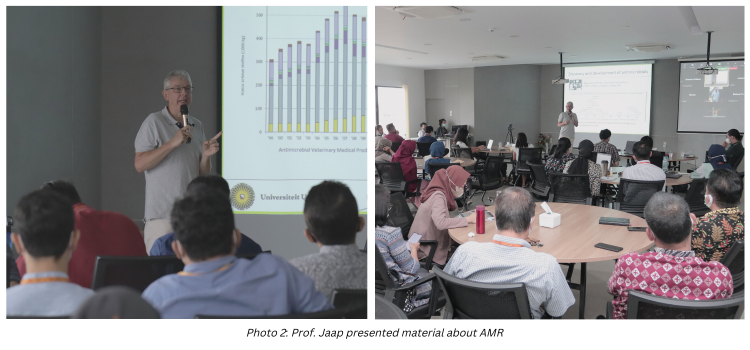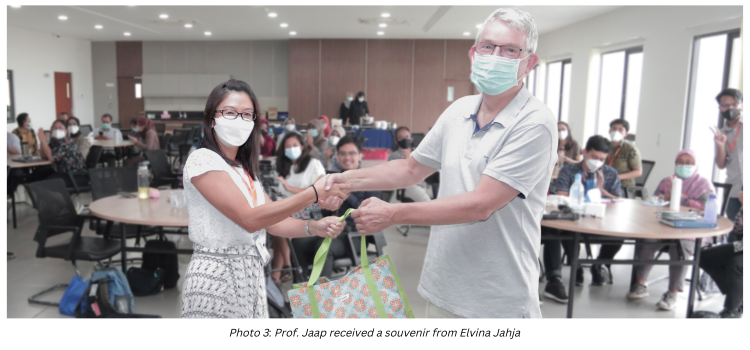Antimicrobial Resistance (AMR) is a multi-sectoral health problem that is increasingly becoming a global concern. The effects of the AMR phenomenon affect not only humans, but also in animals and the environment, threatening aspects of public health and food security. AMR is often declared a silent pandemic because it has a global trend that continues to grow slowly and unconsciously.

In 2015, the international organization WHO, FAO, and WOAH (OIE) in collaboration under the umbrella of One Health has formulated a Global Action Plan that must be implemented by all member states to control antimicrobial resistance which is predicted to become the world’s main health problem with a global mortality rate of 10 million people per year in the future. The issue of AMR is also one of the main topics raised in Indonesia’s G20 Presidency 2022.
Responding to this AMR problem, Medion as an animal health company, is actively involved in conducting research, monitoring and developing alternative products to control AMR in the livestock sector. One of the activities that has been carried out is an interactive discussion with Prof. Jaap Wagenaar, DVM, Phd, professor in the field of Clinical Infectionology, Faculty of Veterinary Medicine, Utrecht University (Netherlands) on September 12nd, 2022 at the Animal Health Research Center (AHRC), Medion, Cimareme – Bandung . In this discussion, Prof. Jaap delivered a presentation entitled Antimicrobials, Antimicrobial Resistance and Antimicrobial Stewardship. He emphasized the importance of using HPCIA (Highest Priority Critically Important Antimicrobial) class antibiotics for human health, the application of the AMR control pillar in the livestock sector, as well as the efforts that have been made by the Netherlands in reducing the rate of AMR in the third generation ceftiofur cephalosporin antibiotic in the livestock sector.

Prof. Jaap also emphasized the importance of laboratory testing in handling bacterial infections in livestock. In Netherlands, the handling of bacterial infections using antibiotics must be accompanied by sending samples to the laboratory for the purpose of antibiotic identification and sensitivity testing through Antimicrobial Susceptibility Testing (AST). AST testing is done to determine which antibiotics are still sensitive to bacterial isolates and to know which types of antibiotics are still effective in livestock. The profile of AST on the farm is a very important evaluation material in the event of a recurrent infection on the farm. This is because antibiotics cannot kill resistant bacteria.
This discussion has provided a lot of insight to all participants from Medion in developing appropriate and wise strategies in controlling AMR in the livestock sector. This is done in order to achieve public health and food security in Indonesia.

